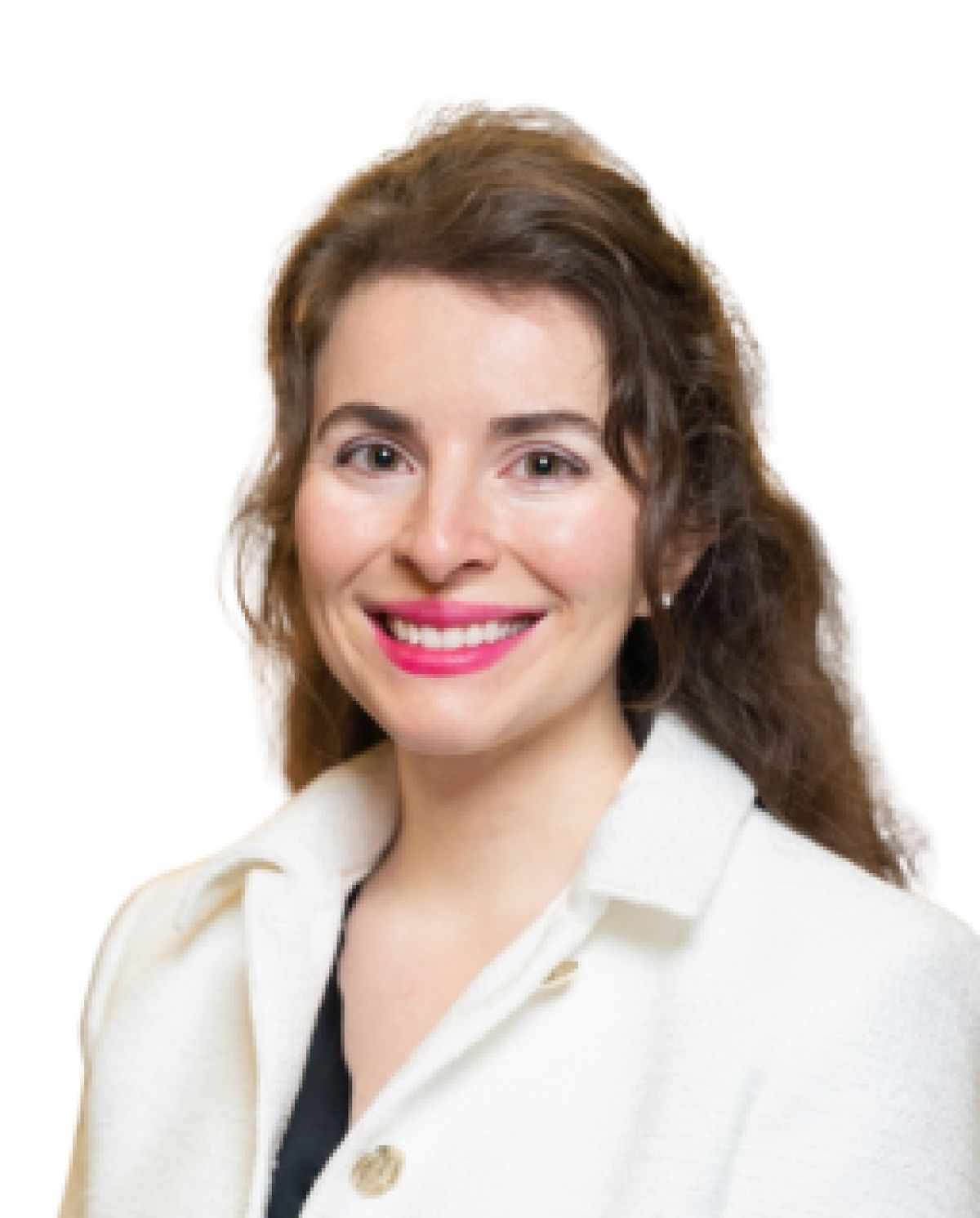
"Mia and Sabi had been close friends since their teens. In their 30s, they became friends with Priya and added her to their group chat. Mia and Priya grew closer, with inside jokes and separate plans, hurting Sabi. When Sabi asked Mia privately to introduce her to a coworker she thought was cute, Mia texted her refusal on the group chat, saying the coworker wouldn't be right for Sabi, and Priya backed Mia up. When Sabi expressed hurt feelings, it broke up the friendship."
"In every group dynamic, emotional hierarchies naturally form, often in unspoken ways. These hierarchies determine who feels "closest," who initiates plans, and whose approval matters most. When a dyad turns into a trio, those implicit rankings get disrupted, and someone almost inevitably ends up feeling like a third wheel, either from time to time or completely. In Sabi's case, her original closeness with Mia was diluted as Mia grew closer to Priya."
Group friendships that grow from intimate dyads often develop unspoken emotional hierarchies determining closeness, initiative, and whose approval matters. When a dyad expands into a trio, implicit rankings shift and one person can feel like a third wheel. Visible alliances, private requests made public, and backing one friend over another can amplify feelings of abandonment and invisibility. Daily group interaction can conceal exclusion when subset bonds tighten. Friendships require expressed feelings, mutual understanding, clear boundaries about private versus public interactions, and intentional care to acknowledge change and repair ruptures before they cause disintegration.
Read at Psychology Today
Unable to calculate read time
Collection
[
|
...
]